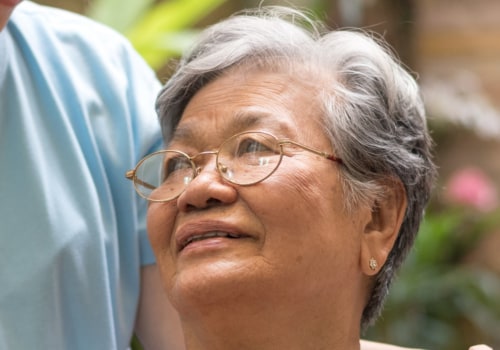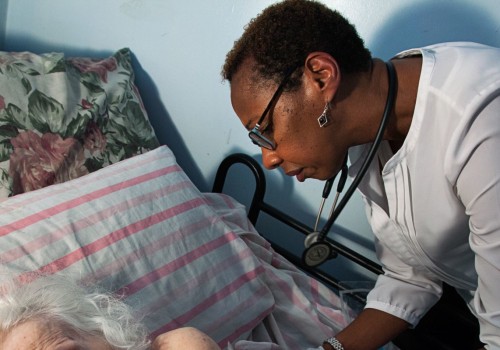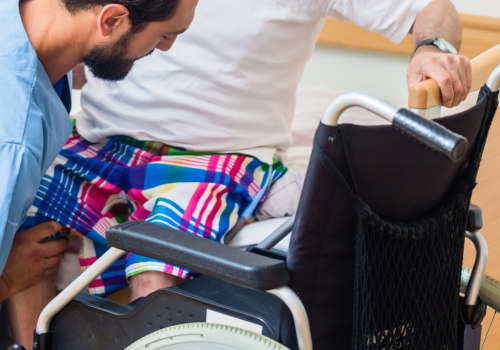Hospice offers four levels of care, as defined by Medicare, to meet the diverse needs of patients and their families. The four levels of hospice include routine home care, continuous home care, general hospital care, and temporary care.
palliative care is specialized medical care
for people living with a serious illness, such as cancer or heart failure. Patients in palliative care may receive medical care for their symptoms, or palliative care, along with treatment aimed at curing their serious illness.Palliative care aims to improve a person's current care by focusing on their and their family's quality of life. The most common type of hospice service is routine home care. This is delivered to the patient's home, whether they live in their own home, an assisted living facility, or a senior health care facility. It will include visits from home health assistant nurses, registered nurse case managers, licensed practical nurses, social workers, spiritual care specialists, community educators and volunteers.
The Centers for Medicare and Medicaid Services has defined four types or “levels” of hospice care. A patient can experience all four levels, perhaps in just a week or ten days of hospice services. Another patient may experience a level of care for several months of their hospice care. Each level of care meets specific needs and each hospice patient is unique.
For patients receiving hospice care at home, the primary caregiver not only provides most of the physical care to the patient, but also helps keep records of symptoms and other problems. The primary caregiver may share physical care responsibilities with other family members or contracted caregivers, but assumes responsibility for communicating with the hospice team and scheduling caregivers at home as needed. If no family is available to assume the primary caregiver role, the patient should work with the hospice team member who first comes to talk about services. They will also need to talk to their insurance company.
Other care options may or may not be available, depending on insurance coverage and the types of hospice agencies or programs available. Not all inpatient hospice services offer respite care, but they can be a relief for patients who require more intensive care at times. Or, they may be independent and independently owned hospices that may or may not also offer in-home services. While hospice is very supportive, the daily care of a person who dies at home is provided by family and friends.
Provide palliative care for patients and at home, including respite care, with friendly, experienced support along the way. They may have nurses specially trained to care for hospice patients, or they may arrange with home health agencies or independent community hospices to provide care. Temporary care (temporary care for times when the primary caregiver is not available) may also be provided in some inpatient hospice centers. The hospice team of healthcare professionals will work with the patient's primary caregiver (usually a family member) to provide care and support 24 hours a day, 7 days a week.
There are four main types of hospice care, and a patient may experience one or all of them during their time spent with hospice. If you or a loved one will need hospice services in Pittsburgh, here are a few things you should know about each type of hospice care. The hospice team guides family members on how to care for the dying person and even provides respite care when caregivers need a break. For care provided at another facility, a primary caregiver is still needed, but staff can help provide part of the physical care depending on the type of facility and insurance coverage for hospice services.
When you agree to receive hospice care, you agree to receive comforting care (palliative care) rather than care to cure your illness. .












